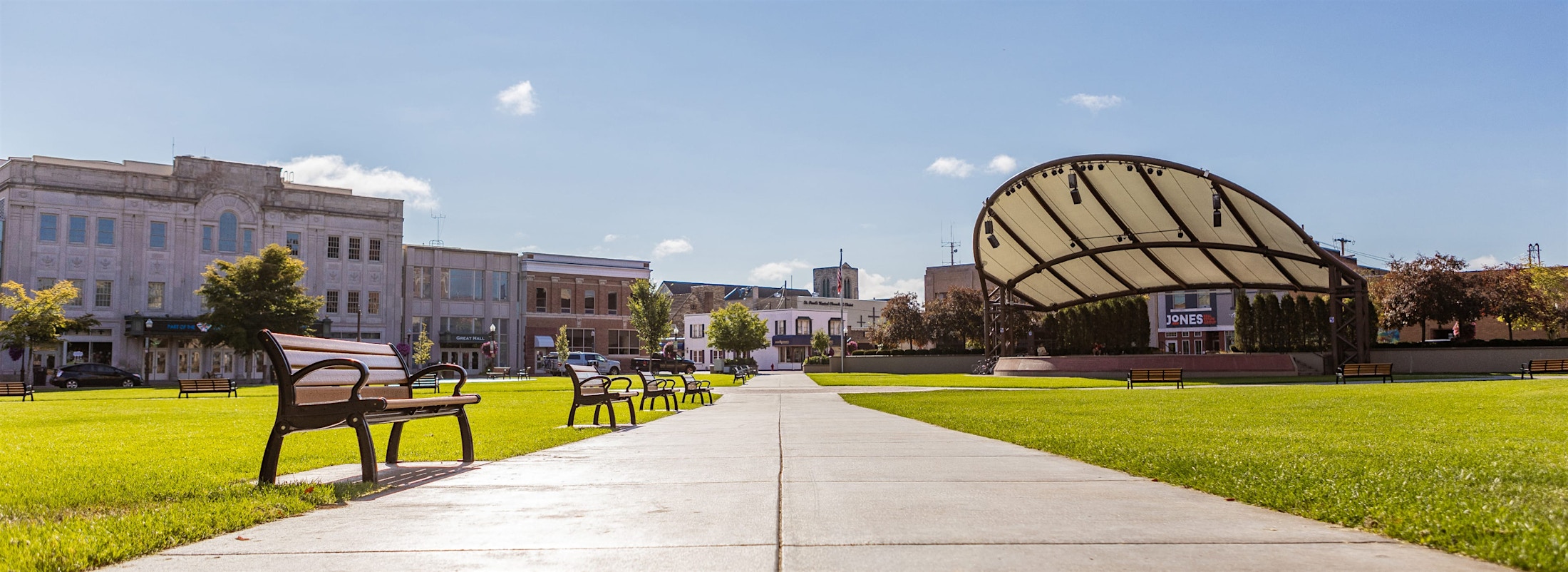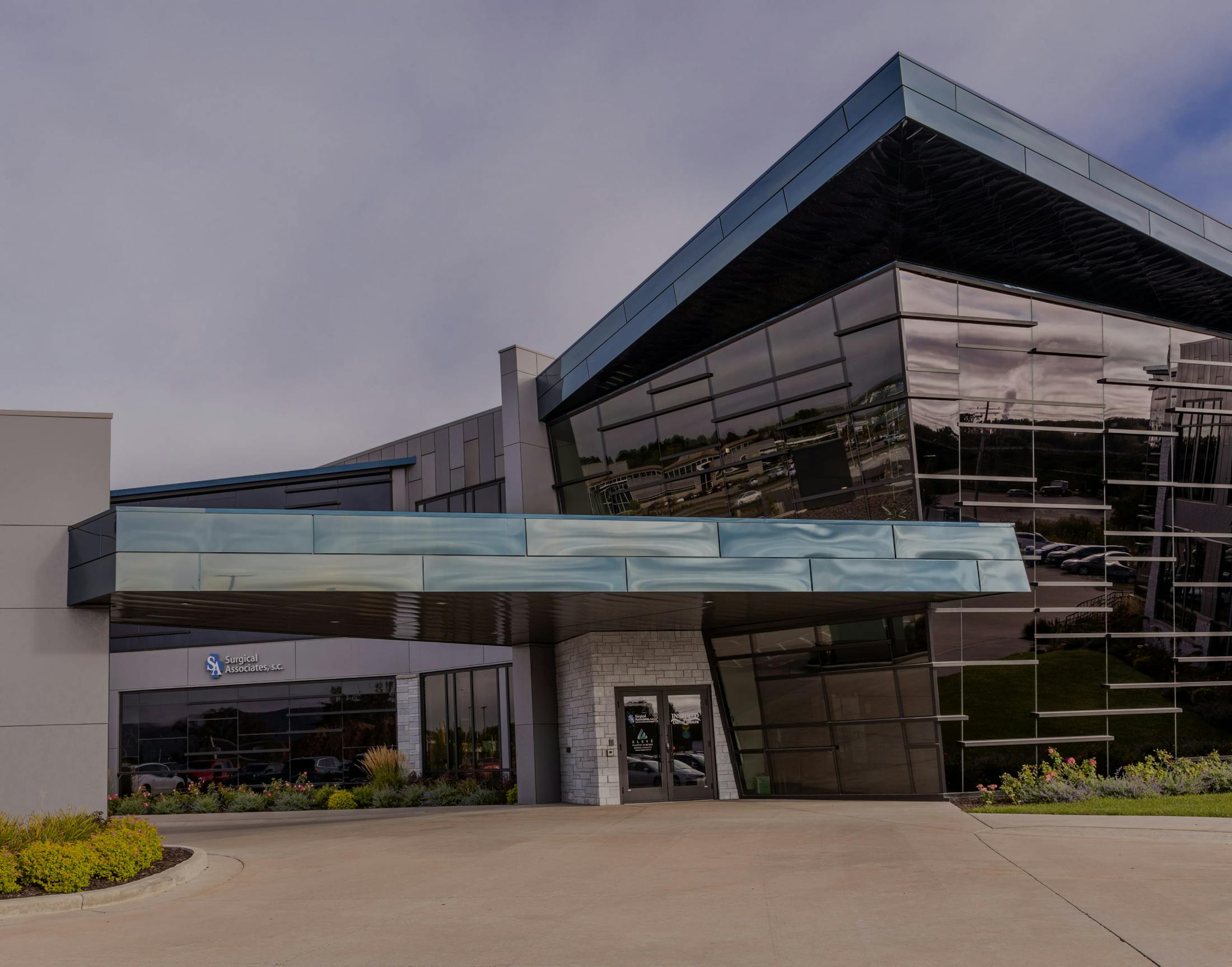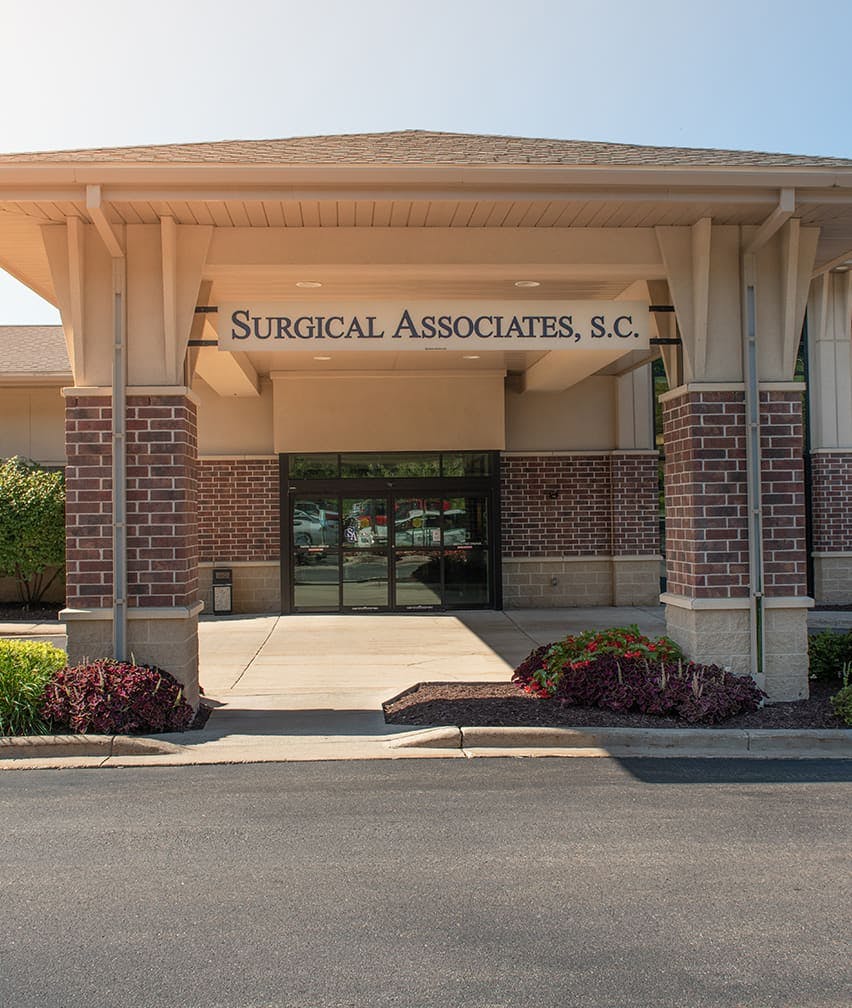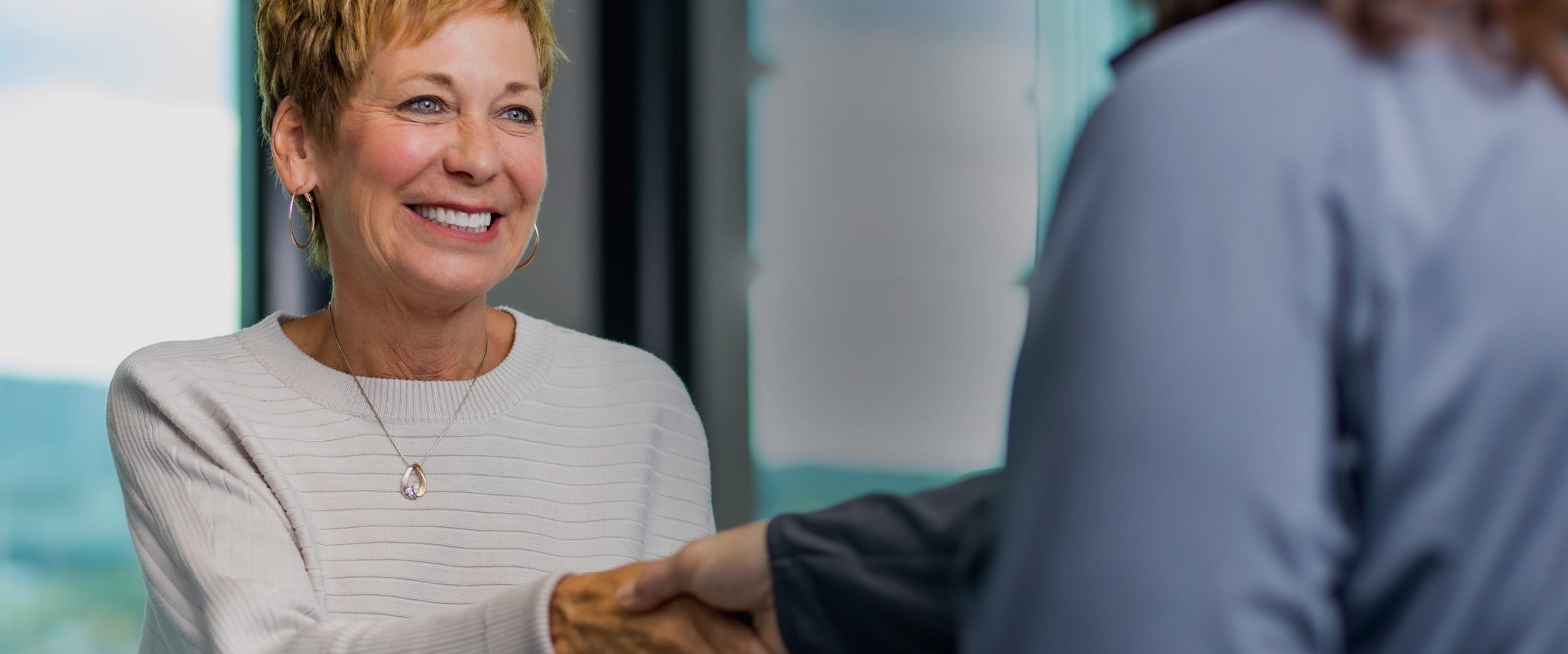At Surgical Associates, we emphasize the importance of colonoscopy screening in the prevention and early detection of colorectal cancer. Led by our experienced physicians, Dr. Gary T. Sweet, MD, FACS, and Dr. Jennine L. Larson, MD, FACS, our team is dedicated to providing this vital service to the communities of central and northern Wisconsin.
Colorectal cancer Early detection matters
Colorectal cancer is the third most common malignancy and the second leading cause of cancer death in the United States. Early detection through colonoscopy screening is a powerful tool in reducing the risk of developing this cancer. Colon cancer often begins as a benign growth known as a polyp. Identifying and removing these polyps when identified is crucial, as certain types can evolve into cancer if left untreated.











